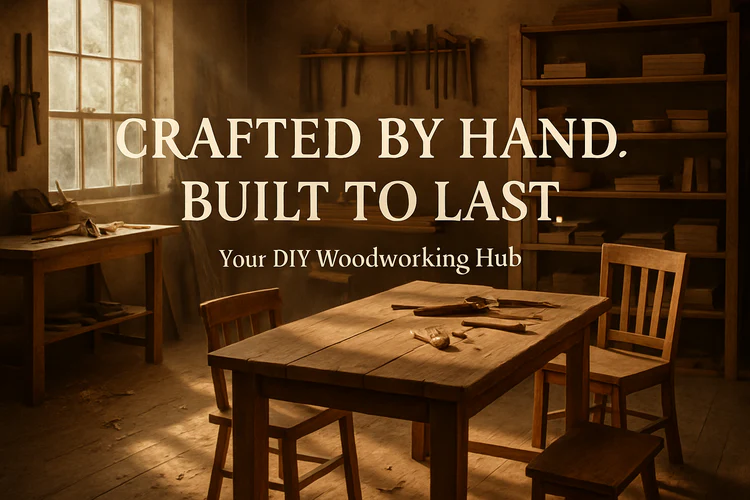
Choosing the Right Timber for Outdoor Projects
Share
Outdoor DIY projects—from pergolas to planter boxes—demand materials that can withstand the UK’s wet, windy, and often unpredictable weather. Choosing the wrong type of timber can result in early rot, warping, or expensive repairs. Here’s what you need to know.
Pressure-Treated Softwood
This is the most accessible and affordable option. It’s chemically treated to resist rot, insects, and fungal decay. You’ll recognise it by its greenish tint. Use it for decking frames, garden boxes, sheds, and fence posts.
Cedar
Naturally weather-resistant and aromatic, cedar is a step up in both quality and price. Its oils help it resist moisture and insects without chemical treatment. Perfect for outdoor furniture and cladding.
Douglas Fir
Known for its strength and straight grain, Douglas Fir is commonly used in structural framing. It must be treated or painted for exterior use, but it holds fasteners well and adds a warm hue to outdoor projects.
Oak (European or English)
If you're going premium, choose oak. It’s incredibly durable, naturally rot-resistant, and has a beautiful grain. It’s perfect for benches, gates, and decorative features. Make sure to seal it well to prevent black stains from tannins.
Accoya (Modified Timber)
A newer option on the market, Accoya is treated through a process called acetylation. It’s eco-friendly, stable, and guaranteed for decades outdoors—ideal for exposed builds like pergolas and garden structures.
Whatever timber you choose, make sure to use stainless steel or galvanized hardware to prevent corrosion. And don’t forget: sealing your wood with a UV-protective oil or stain will dramatically extend its lifespan.
Explore our timber bundles and kits at DIY UK, all hand-selected for durability and sustainability.
